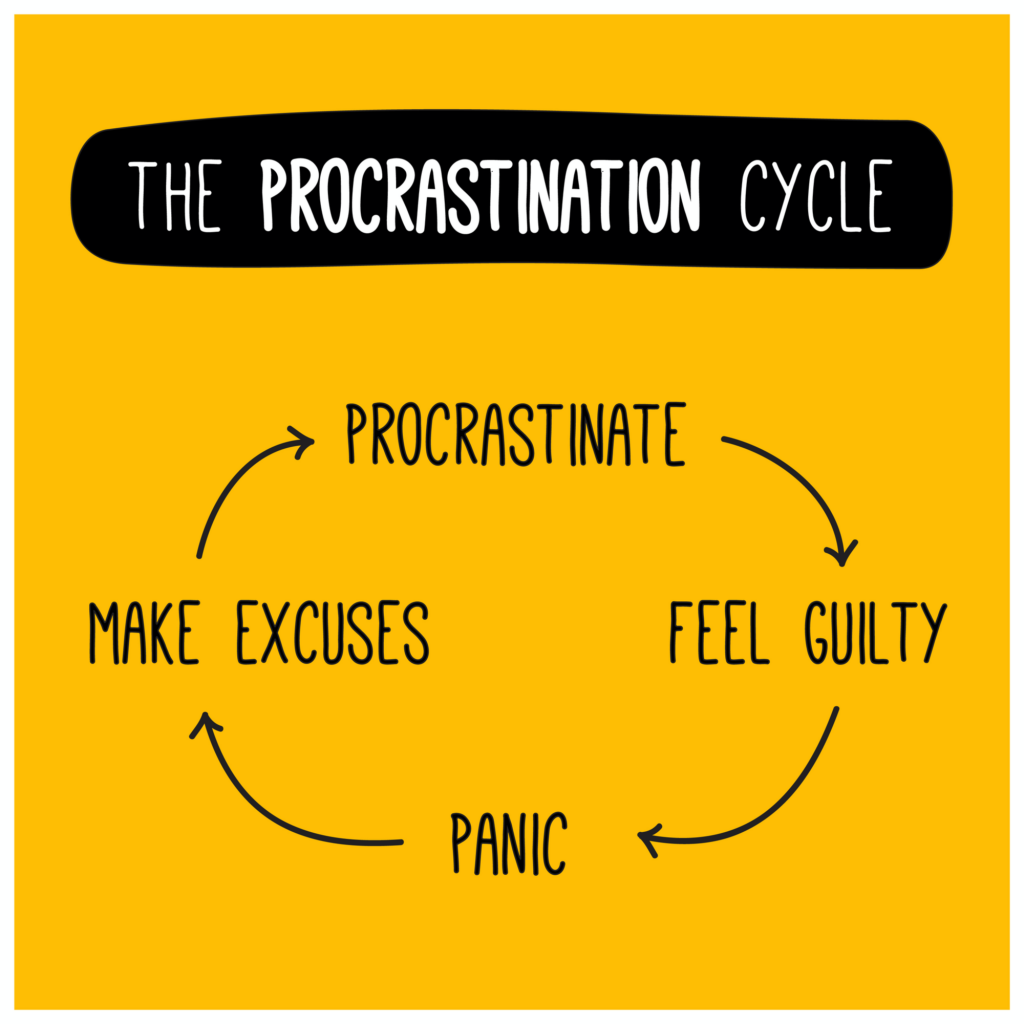The Influence of Procrastination, Emotional Dependency, and Impostor Syndrome on Daily Life
The Influence of Procrastination, Emotional Dependency, and Impostor Syndrome on Daily Life
Blog Article
In the modern age, people often face internal obstacles that hinder their success. Among these, procrastination, emotional dependency, and impostor syndrome are some of the most common challenges. What can you do to break free from these patterns?
This article, we will explore the root causes and strategies to address these three challenges. By understanding their impact and learning to manage them effectively, you can build a healthier mindset and achieve your goals.
What is Procrastination?
Procrastination refers to postponing important activities despite knowing their importance. It often stems from fear of failure, lack of motivation, or poor time management.

When procrastination takes over, it can lead to stress, missed opportunities, and reduced productivity. To combat procrastination requires developing better habits and procrastinacao creating actionable plans. Consider techniques depedencia emocional like the Pomodoro Technique or setting realistic deadlines to stay on track.
The Nature of Emotional Dependency
Emotional dependency is a state where a person depends excessively on external relationships to fulfill their emotional needs. While human connection is essential, emotional dependency can become unhealthy when it leads to a lack of independence.

Common signs of emotional dependency include a fear of rejection, difficulty making decisions independently, and an overwhelming need for reassurance. Breaking free from this pattern, it’s crucial to build self-confidence and learn to validate yourself internally. Engaging in personal development activities and professional guidance can provide significant support.
Recognizing and Managing Impostor Syndrome
Impostor syndrome is the persistent belief where individuals doubt their accomplishments despite evident success. Those affected often attribute their achievements to luck rather than skill or effort.

This mindset can lead to anxiety, self-doubt, and a fear of being “exposed”. Addressing this issue involves reframing negative thoughts and celebrating accomplishments. Seeking feedback from trusted peers and embracing self-compassion can support personal growth.
Steps to Overcome Procrastination, Emotional Dependency, and Impostor Syndrome
Here are some practical steps:
- Create a routine to combat procrastination and set achievable goals.
- Build self-awareness to identify patterns of emotional dependency and work towards independence.
- Acknowledge your strengths regularly and consider therapy or coaching.
Consistency is key, so stay committed to these approaches to see positive changes.
Conclusion: Taking the First Step
These challenges may seem daunting, but they are manageable with the right strategies. By understanding their roots and applying effective techniques, you pave the way for a healthier, more fulfilling life.
Take the first step by acknowledging where you stand and adopting simple, actionable strategies. Always keep in mind: progress is a journey, not a destination.
Report this page